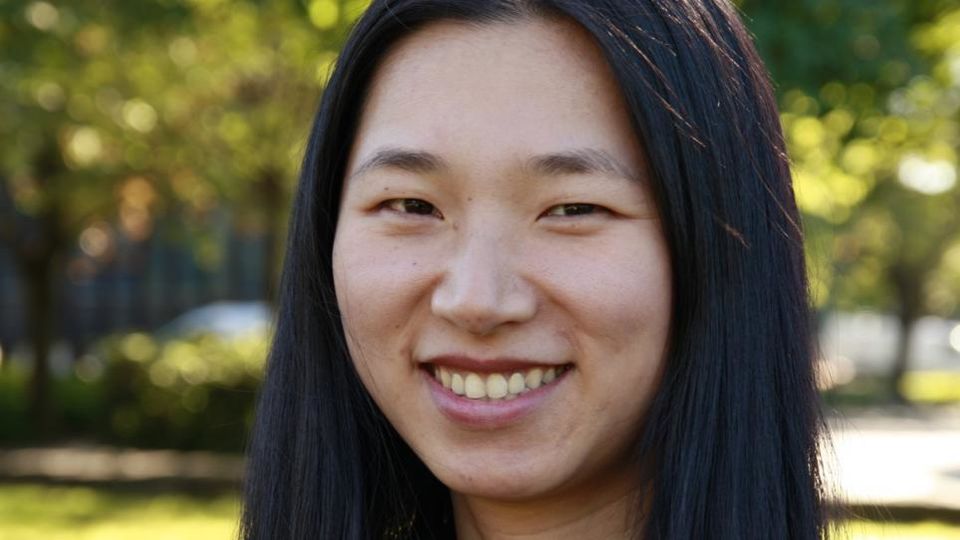Liyang Xia: Ibsen in China - A Political Myth?
This event has passed

The history of Ibsen’s reception in China goes back to the early twentieth century, when China looked to the West for models of modernization.
During the time of China’s May Fourth Movement, or New Culture Movement (1910s-1920s), Chinese intellectuals who received Western education played important roles in introducing ideas such as Western science and democracy to the Chinese population. Many of these intellectuals were famous Ibsenites. Their understandings of how China should relate to the West did not always agree with each other. And yet the diversity of discourse on the relationship between Ibsen and Chinese modernization has been lost in both China’s official history and scholarly enquiries. Rather, Ibsen is presented as part of a unified effort to modernize China in the early part of the twentieth century.
Through examples from early Chinese theatre productions as well as early Chinese translations of Ibsen’s plays, Liyang will argue that the unity in the understanding and usage of Ibsen—at the time when he was first introduced to China—is an invention rather than a fact, while a more accurate understanding is far more complex.
Liyang Xia has a PhD degree in Ibsen Studies from University of Oslo. She specializes in the history of Ibsen in Chinese theatre and is re-translating all of Ibsen’s plays from Norwegian to Mandarin. Her recent scholarly works look into the early reception of Ibsen in China, rewriting its history based on newly discovered evidence. Her research interests also include traditional and modern Chinese theatre, global flow of theatre cultures, and relationship between theatre space and genre. She currently serves as the Acting Director of the Centre for Ibsen Studies, University of Oslo, Norway.
LOCATION: Royal Central School of Speech and Drama
Photo: Kilden: Ida Irene Bergstrom
